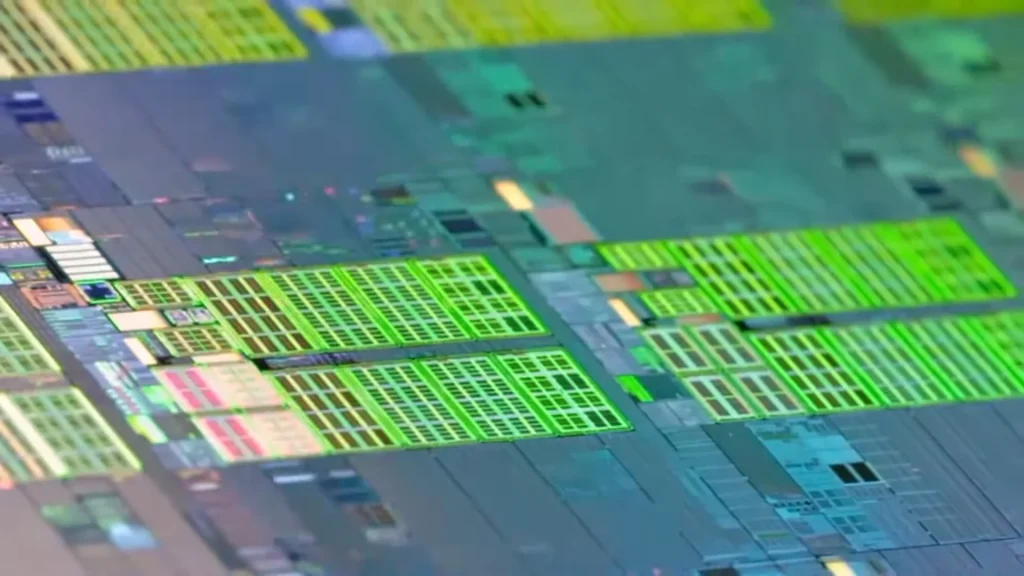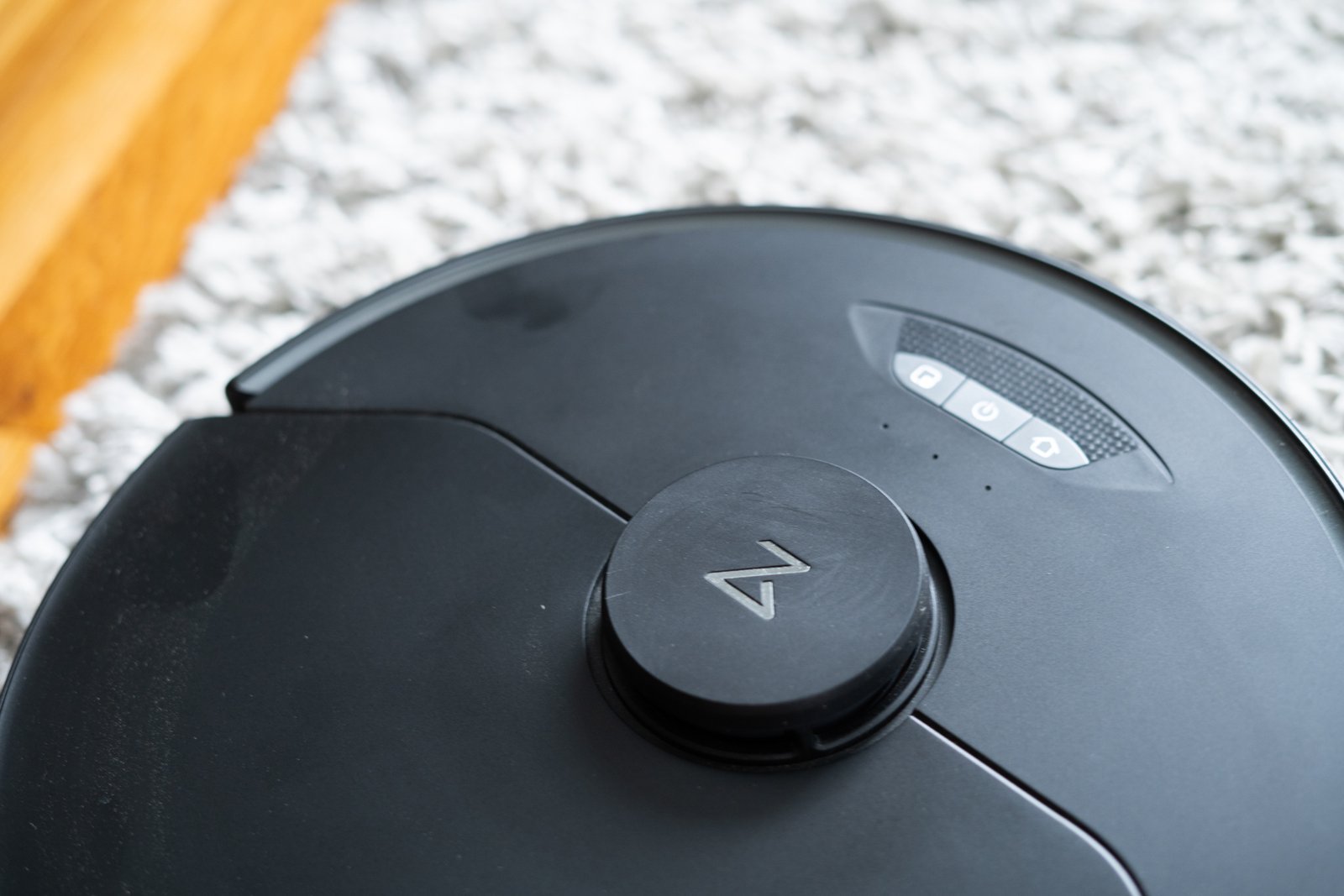More insights concerning the US Trade Office’s impending limitations on chip products to China have arisen. Samsung was stressed that the approaching commodity limitations could smother its framework and memory chip business. Yet, considering the most recent news, both Samsung and SK Hynix appear to be generally protected.
Albeit the Business Office could deny demands by USA providers to send hardware to China’s Yangtze Memory Advances (YMTC) and ChangXim Memory Innovations (CXMT) beginning this week, in general, the guidelines are apparently more adaptable than they at first showed up.
First and foremost, permit demands for sending out memory hardware to China will be explored by the Business Division dependent upon the situation, which ought to imply that Samsung ought to have the option to transport producing gear to China to keep reinforcing its production network. Besides, providers that need to send memory chip gear to semiconductor firms in China will not need to demand a permit from the Trade Division for specific innovations. All the more explicitly, they are allowed to offer hardware to firms delivering Measure chips above 18nm, NAND chips with less layers than 128, and rationale chips above 14nm.

Samsung will probably be unaffected by the USA’s limitations
“The objective isn’t to harmed non-native organizations,” said a mysterious source refered to by The Korea Times. By the by, organizations in the USA that intend to transport further developed semiconductor advancements to Chinese chipmakers should apply for a permit, however they will be exposed to a “assumption of disavowal,” implying that said organizations should introduce areas of strength for an assuming that they desire to receive the approval.
Notwithstanding, the Business Division’s principles will be more permissive on providers in the USA that need to offer hardware to non-Chinese organizations working in China. They will likewise need to apply for a permit, yet these applications will be evaluated dependent upon the situation.
Accepting that the USA will begin implementing these guidelines not long from now, Samsung shouldn’t have such a large number of hardships delivering semiconductor producing gear to its offices working in China. 38% of Samsung’s NAND chips are allegedly delivered at its plants in China, and stricter product rules might have been grievous for the Korean tech monster.














